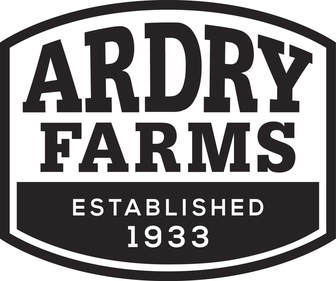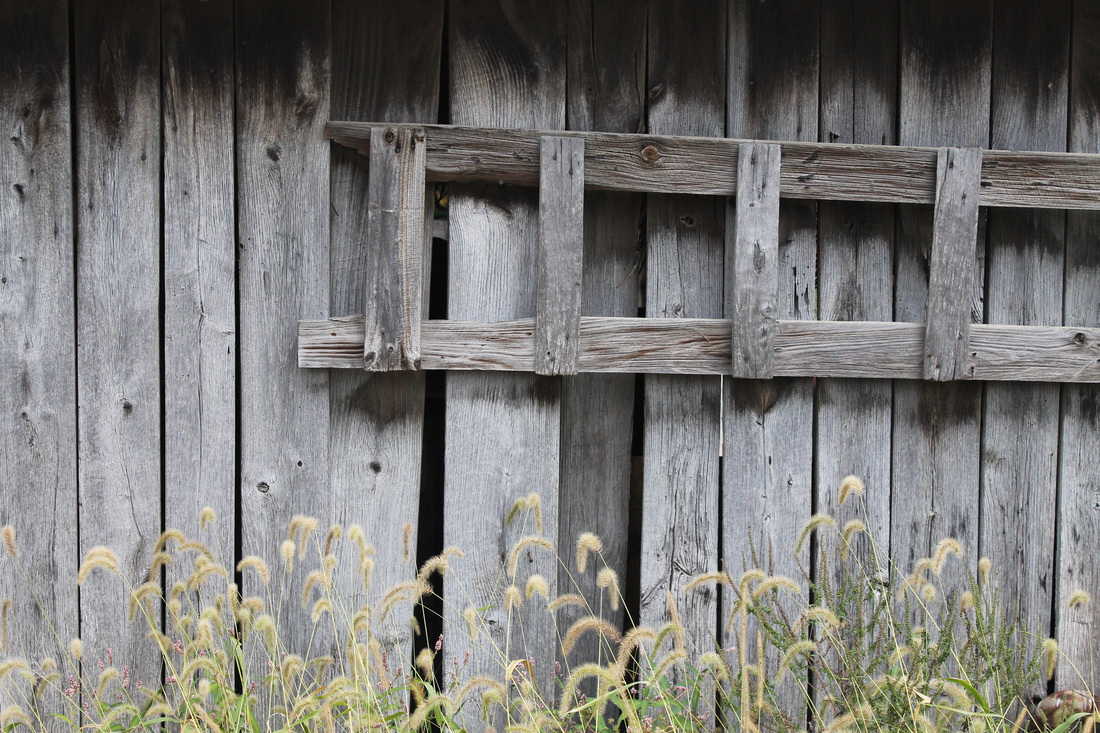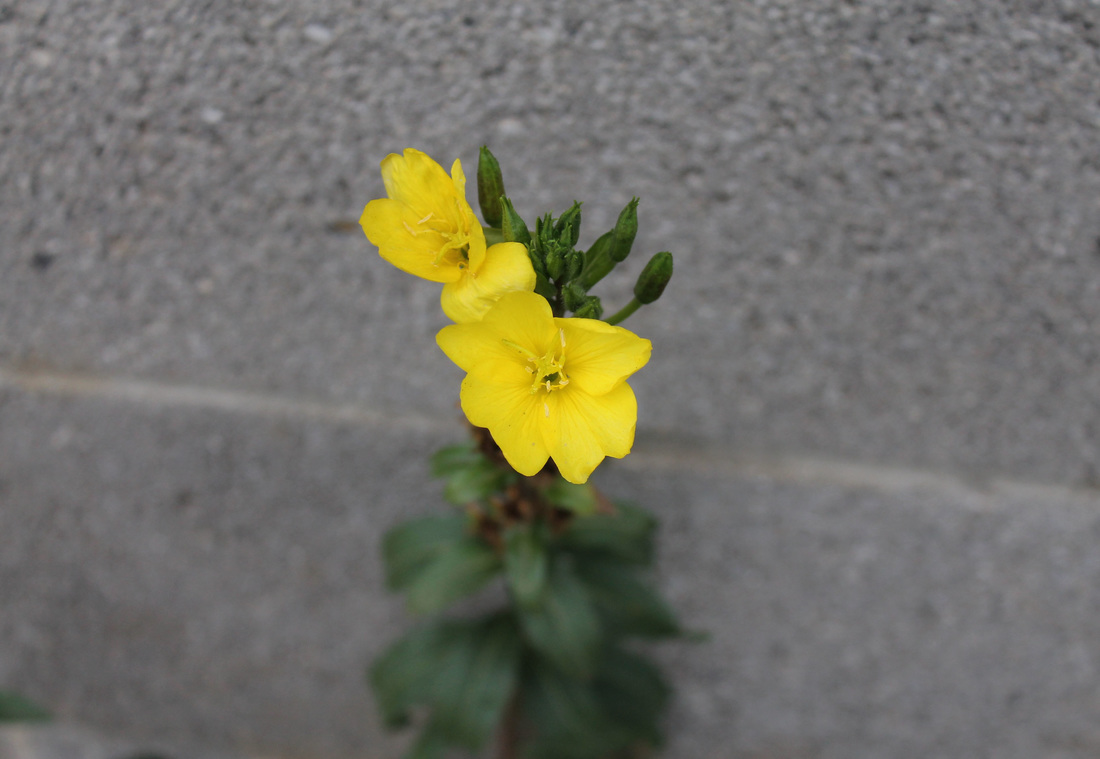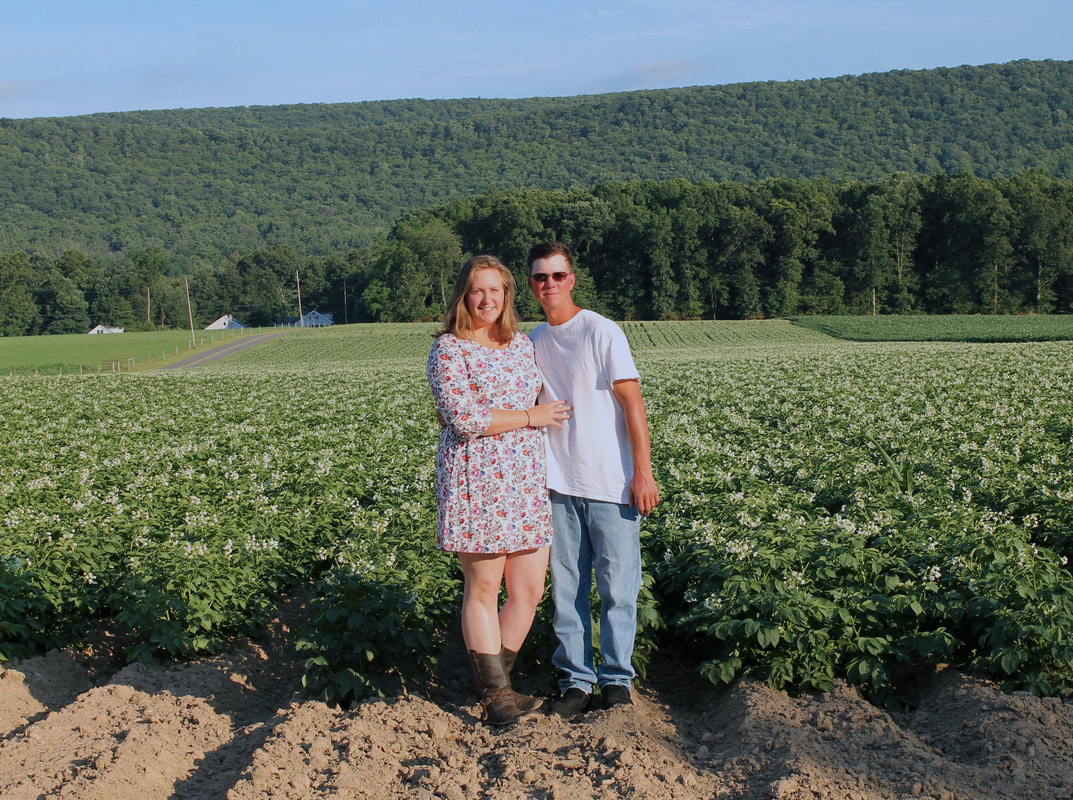I remember thinking, "One of those things? Really, Tom? That's all you have to say about it?!" I felt even worse. I couldn't help but think about a woman who had stopped at the farm a couple of months prior, looking to adopt a kitten. We had considered giving up Junior, but I backed out because I was selfish. I couldn't bear the thought of separating him from the other kittens, with whom he seemed so attached. I kept thinking, "If I had just given him away, he would probably still be alive now." I don't even have a picture of him.
I've lived on this farm for nine months now and my life has never been so full; it is full of both loss and gain. When I look around the farm I constantly feel these two opposing energies: I feel the power of life and of providing sustenance. I feel the direct connection with the elements, the sheer awe and influence of natural forces. And I also feel the ruthlessness of it all, the delicate point on which we perch that can be upset so easily. My farm family is a steward of the land, but we are also defenseless against it.
There seems to be so much emphasis in our culture on conquering. We are encouraged to conquer our fears, conquer our dreams, to conquer life. I can't help but think this is a misguided direction. When I try to override my emotions, I am often left feeling raw. As I remember about how upset I was that morning in front of my brother-in-law, there is a part of me that feels ashamed. I know in my heart that he was trying to comfort me even though the death of an animal, whether intentional or accidental, is something that farmers must contend with routinely. I want more than anything to be the rock that my husband and brothers are for me; I want to be a pillar of strength and assuredness, but some days I can't be.
In farming, loss seems particularly painful. We are lead to believe that in life, hard work guarantees success. But sometimes it doesn't. Sometimes, you buy a young steer and care for it, feed it, protect it, and one day when you walk up to the field, it is laying there dead. For some reason, gas built up around its heart and there was nothing you could do about it. Sometimes you pick out new seeds from a catalogue in the depth of winter with high hopes for a bountiful crop come spring. You till the soil, plant the seeds, fertilize and water them. And then one day, half of the crop emerges healthy and strong and the rest is sickly and weak. The roots are rotting because of inclement weather and there is nothing you can do about it.
Sometimes, you rescue a kitten. You care for it, feed it, slowly gain its trust, and then one day it dies alone in the middle of the road. The car wasn't driving too fast, it was just bad timing and there is nothing you could have done about it.
Sometimes all of the good intention in the world still can't prevent bad things from happening.
After such a long, harsh and hot summer, there is a chill in the air. There is stillness. The raw air of the first cold night of the season nearly took my breath away; I didn't realize how accustomed we had become to the sweltering madness of summer. The advent of autumn is finally upon us and that means potato harvest. Our lives remain busy, the rhythm just changes. I am grateful. When we are busy, troubling thoughts and emotions fall by the wayside. Even though we continue to hustle, we have geared down. The fury of spring and summer was exhausting; we all feel like thin sheets in the wind, but we soldier on. I took a short walk alone a few days ago and was astonished at how much comfort the darkening landscape offered. This transitional time between seasons when the grass is still green, but the leaves are turning into ochres and oranges is magical. I began to walk away from the hum of summer toward the whisper of rest just ahead, a little ways off in the distance. The relentless heat is nothing but a pile of embers now; the crisp air of October is already in my lungs. One last push and we can finally fade into the muted moments of winter. Thank God for seasons.



 RSS Feed
RSS Feed
